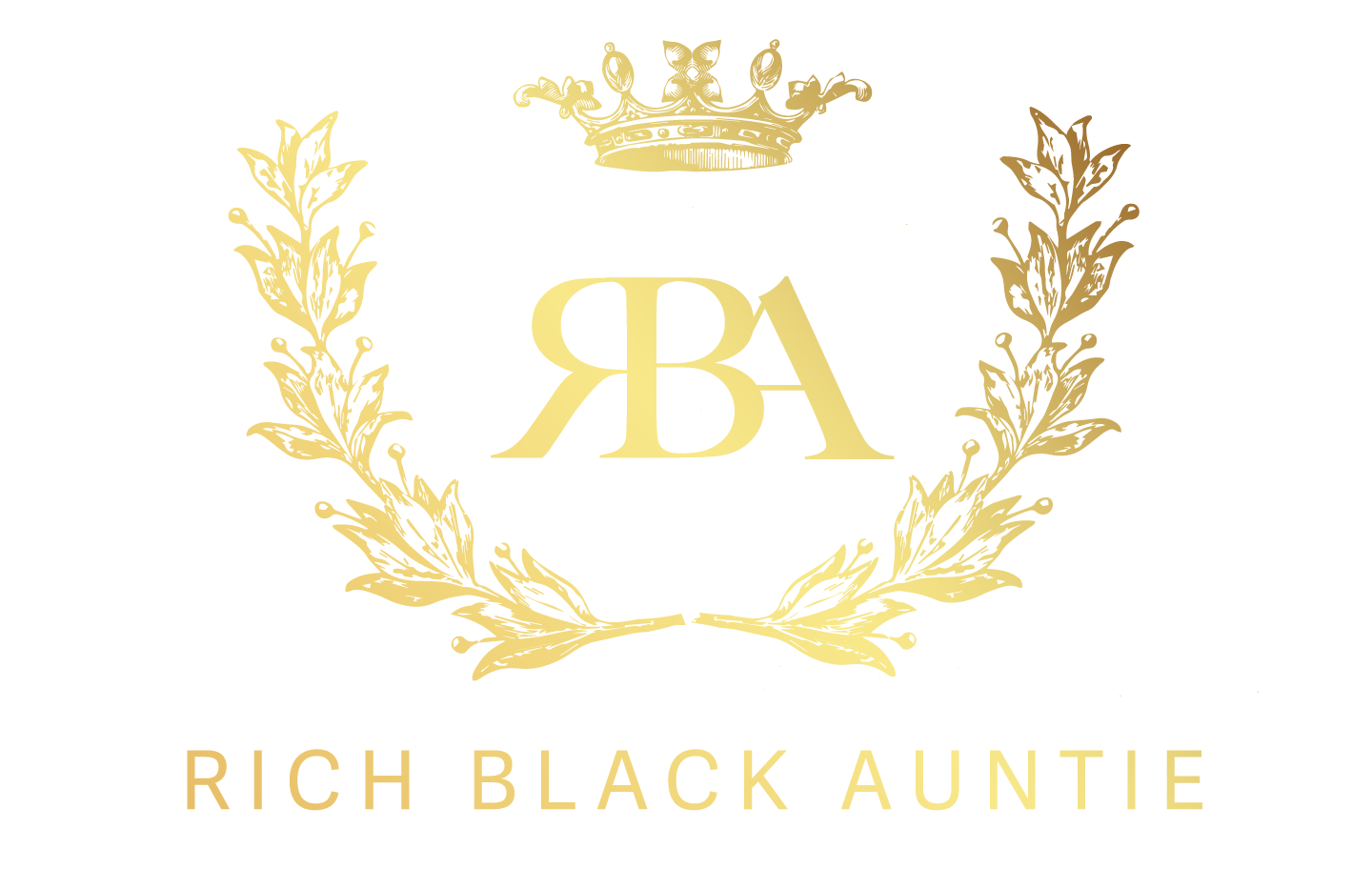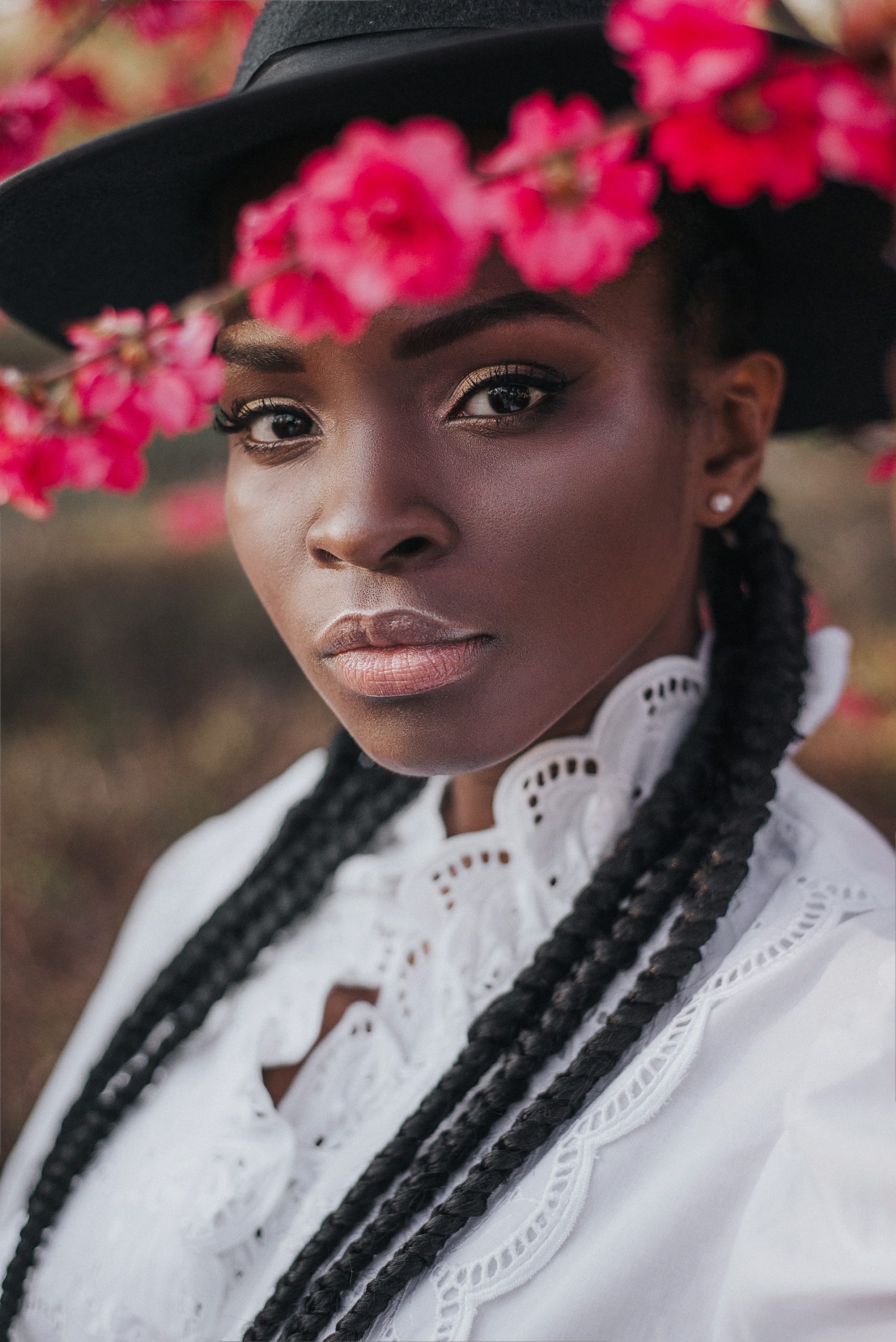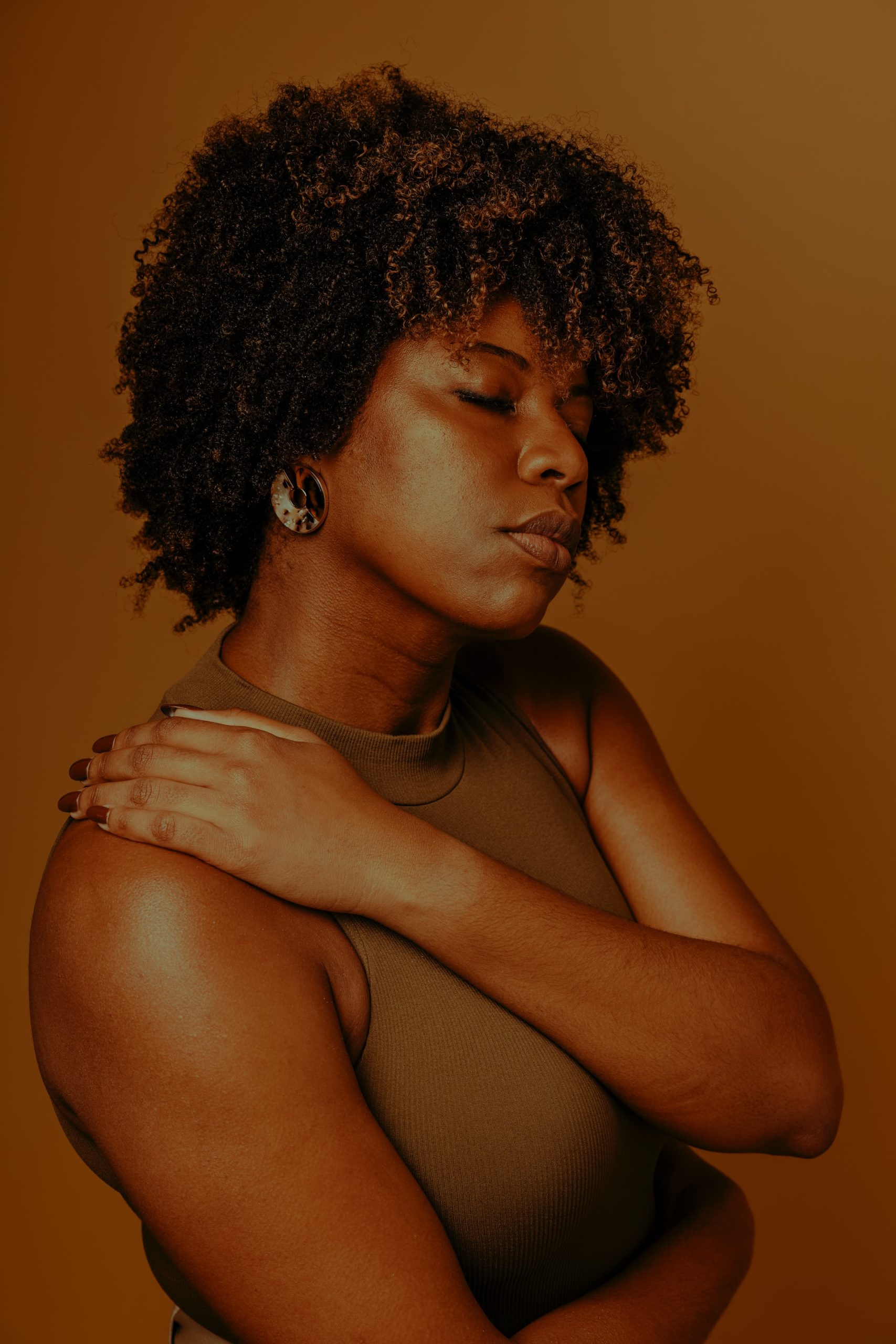Lessons in Authenticity from Inspirational Black Women
Finding and sharing your authentic voice can be hard. Here are five inspirational Black women who do it and make it look easy.
In a room full of mostly white faces, Carla Harris starts this video by making it abundantly clear that she knows her value. In a composed tone, she impressively shares her extensive resume and varied accomplishments.
Her live audience is fully engaged, responding with claps and cheers to her rallying cry, “Are you with me, Nordic Business Forum?”
Her genuine transparency fosters a sense of knowing her, and authenticity is a powerful tool. In business, the ability to show up as yourself can lead to building key relationships and fostering accelerated growth.
What to take from Carla? You don’t have to shapeshift at work to be seen as an authority on your subject. Your experience is enough, and being able to easily share it builds personal credibility and fosters true connection.
Sha’Carri has been making international headlines for her speed since her college days at LSU. In 2021, however, she made headlines for less favorable reasons—she was disqualified from competing in the 2020 Tokyo Olympics 100-meter race after testing positive for cannabis.
Since then, Sha’Carri has redeemed herself by owning her mistakes and allowing fans to see more of her life off the track. By talking openly about her journey, struggles with mental health, and mourning the loss of her mother, Sha’Carri has become a more relatable figure.
What to take from Sha’Carri? Don’t shy away from telling your full story. It made you who you are, and who you are got you to where you are today.
Before she says a word, Bevy Smith’s eye-catching outfit and style speak volumes. Her 6-inch heels suggest that she is a woman full of confidence, even as she explains how that wasn’t always the case.
Bevy hid behind a persona at work for decades. It left her isolated and unfulfilled, despite being a notable figure in fashion.
She had to lose it all to gain it back, twofold. Black women have historically excelled at doing a lot with a little, and without all the resources, we often end up creating the very culture that drives popular culture—by being our authentic selves.
Bevy’s redemption came from within. She had to look inside herself and reconnect with the little girl she had left stranded along the way.
What to take from Bevy? Listen to your inner child’s voice. They remember who you were before you became who you are.
When Caroline’s family moved from Kenya to America, she was confronted for the first time with restrictions on what she could achieve based on her appearance. It took years to overcome the belief that making herself smaller would help her reach her goals.
When she was hired to oversee D&I at Target, she said, “My job became to create environments where authenticity is democratized.” She admits that at first, she had no idea how to do that, but she began with herself—cutting her hair, starting her loc journey, and wearing blue lipstick.
Caroline’s unique career path has led her to her current role as CEO of Essence magazine.
What to take from Caroline? As she says in the video, “Who you are is who you are. If you can’t be who you are where you are, change where you are, not who you are.”
For Bozoma, building her authentic self began with understanding who she is and how she wants to show up. She acknowledges that all her experiences have shaped the woman she is today.
Advocating for herself, and asking others to advocate on her behalf, has helped her remain true to her authenticity and overcome imposter syndrome.
When asked what advice she wishes she’d received earlier in her career, she responds, “That all the archetypes that were drawn for me were actually lies. Because they weren’t drawn for me, they were drawn with somebody else in mind. And so how could I ever fulfill it?”
What to take from Bozoma? Don’t let your failures be the reason you stop. Learn from them and keep going.




